
In this exclusive interview, we speak with Omar Qaise, the visionary founder and CEO of OQ Technology. We explore the groundbreaking advancements of OQ Technologies in providing standardized 5G Narrowband IoT (NB-IoT) connectivity globally, including their unique approach to satellite-based cellular IoT services, collaboration with the Luxembourg government and ESA, security and reliability features, notable success stories, scalability, environmental impact, and their vision for the future of connectivity.
Can you elaborate on the unique features of OQ Technologies’ 5G-based satellite IoT connectivity that set it apart in the market, particularly in addressing the needs of industries such as Oil & Gas, Maritime, Industry 4.0, and Transport?
OQ Technology is the world’s fastest growing LEO satellite operator providing 3GPP standardized 5G Narrowband IoT (NB-IoT) connectivity globally commercially. With its patented technology, OQ Technology is able to provide unparalleled connectivity using standard compatible commercial off the shelf cellular IoT devices that allows customers to use both terrestrial cellular IoT services and OQ Technology’s satellite based cellular IoT services without having to switch hardware or subscriptions. Being standard compatible, allows OQ Technology to provide a scalable and a cost-effective solution for its customers with upto 10x more datarates compared to its competitors who are non-standard and use proprietary technology and end up charging the customers more for their services.

Also since we follow a global standard of 3GPP this allows economies of scale and wider adoption since there is a global ecosystem of mobile IoT users and operators.
How has the collaboration with the Luxembourg government and the European Space Agency influenced the development and capabilities of OQ Technologies’ wireless technology?
OQ Technology has been successful in procuring multiple contracts with the Luxembourg Space Agency (LSA) and the European Space Agency (ESA) for its technology development, R&D and advanced in-orbit demonstration missions. Both LSA and ESA has been immensely supportive of OQ Technology’s efforts in bringing standardized 3GPP technology for satellites to commercial use as they recognize the market needs that OQ Technology is addressing and the potential of the technology we are developing.
In what ways does OQ Technologies ensure the security and reliability of its IoT connectivity solutions, especially considering the sensitive applications in sectors like Oil & Gas and Maritime?
OQ Technology provides 3GPP standardized 4G/5G NB-IoT connectivity. The biggest advantage of providing a standard compliant service is that, all the security and reliability features are inherently implemented as part of the solution. Additionally, OQ Technology is also able to address application level security needs based on individual customer requirements such as end-end encryption, authentication, etc.

Could you share some notable success stories or case studies where OQ Technologies has provided innovative solutions for asset tracking, fleet management, or other applications in remote areas?
In 2021, OQ Technology in collaboration with the Communications, Space & Technology Commission (CST) – Saudi Arabia, Saudi ARAMCO & the Ministry of Energy demonstrated their service for collection of IoT sensor data using its TIGER-2 satellite and provisioning the data to the customer remotely. With Saudi ARAMCO, the demonstration was intended for pileline monitoring and installed in a remote trial site of Saudi ARAMCO for monitoring, temperature, pressure and Carbon-di-Oxide (CO2) concentration over 6 weeks. You can learn more here.
Following this highly successful demonstration, OQ Technology has successfully delivered its first commercial order to a large oil and gas client in Saudi Arabia.
Additionally with the Ministry of Energy of Saudi Arabia, OQ Technology also demonstrated the collection and provisioning of smart meter data using its TIGER-2 satellite.OQ is also engaged now with other players in the region for maritime applications.
Given the evolving landscape of 5G technology, how does OQ Technologies plan to stay at the forefront of advancements and continue to provide cutting-edge solutions to its clients?
OQ Technology due to its intensive R&D and innovation has already been successful in patenting its technology (7+ EU and US patents) for enabling 5G IoT connectivity using satellites which is in alignment with the current standards. This already places OQ Technology as a frontrunner in the technology aspect and with its satellite constellation already operational today, OQ Technology is the only commercially available option today with at least a 2-3 year head start against the competition. Also as a part of its technology and commercial roadmap, OQ Technology today is already involved in enabling direct to mobile device SMS and emergency services via satellites.

Can you discuss the scalability of OQ Technologies’ solutions? How easily can they adapt to the varying needs and sizes of clients, from smaller enterprises to larger corporations?
Unlike proprietary solutions, which is limited in terms of number of messages per day or fixed message sizes, OQ Technology’s standardized solution has the advantage of providing data traffic. What this means for customers is that, they are not restricted in terms of the message sizes and therefore have the freedom to tailor their data transmissions based on the needs of the use cases. From OQ Technology’s perspective, scalability is an inherent part of the design as it is only dependent on adding more satellites (which are upto 100x cheaper than compared to competitors) to address growing needs of the business.
With the increasing importance of sustainability and environmental considerations, how does OQ Technologies approach the development of its technologies to minimize their environmental impact?
Sustainability and environmental considerations are a major driver to OQ Technology’s satellite constellation design. OQ Technology launches small satellites in Low Earth Oribt (LEO), which after their end of life re-enter the earth’s atmosphere due to natural gravitational force and burn completely during the process of re-entry thereby leaving no space debris behind nor causing any environmental impact to the earth’s atmosphere or the surface of the earth.
In terms of the Internet of Things, how does OQ Technologies envision the future of connectivity and the role it will play in shaping industries over the next decade?
Telecommunications & connectivity has been the biggest revolution in technology in the past 2 decades, however, it has only been an urban revolution so far with more than 70% of the population left uncovered. But thanks to the standardization of cellular technology over satellites, “Global Connectivity” will become a reality and OQ Technology will play a leading role in bring affordable and global connectivity to a larger population of the world for not just Internet of Things but also to anyone who has access to a mobile phone through its solutions.

What challenges do you foresee in the satellite telecom industry, and how is OQ Technologies positioned to overcome or navigate these challenges?
The biggest challenge in the satellite telecom industry today is the fragmentation of service offerings by various players in the market, which restricts customers and use-cases severely in terms of availability of services, data rates, high costs and most importantly the freedom to migrate from one solution to another due to their proprietary nature. But with the standardization of use of cellular technology over satellites (which is backed by a strong eco-system of chipset providers, module vendors, equipment manufacturers and software solutions, Telecom operators and technology and service providers), based on which OQ Technology is providing its services, the customer today has the freedom to choose wide choice of devices and services from for affordable rates, and not being tied to a single entity for addressing their needs.
With the growing emphasis on data analytics, how does OQ Technologies assist its clients in deriving actionable insights from the data generated through its connectivity solutions, and what role does big data play in your service offerings?
OQ Technology is primarily a satellite operator and connectivity provider. However, OQ Technology is also providing data analytics for its enterprise customers as it provides our customers valuable and actionable data not just to monitor their operations and reduce costs but also to make the right decisions at the right time to achieve Environmental and sustainability goals in terms of process optimization, emission control, predictive maintenance, etc. As we deploy the network and onboard more users and data we will move down the value chain to offer deep data analytics to our clients.
With the recent Series A funding round how does OQ Technology plan to expand its presence and operations in the Middle East? What specific initiatives or projects are of interest in the region?
OQ was able to establish a team and a company in Saudi Arabia that plays a role in technology development and service deployment in the Middle East and North Africa region – besides it helped us to expand our fleet of satellites from 4 to 10.
You can also check out a presentation by OQ Technology on one of the SpaceTech in Gulf webinars.

Alex Cresniov, Founder of SpaceTech in Gulf
About the author: Passionate in the Space industry with significant expertise in Policy Making, Global Socio-Economic Assessments, and DeepTech Analytics.
Email: alexei@spacetech-gulf.com


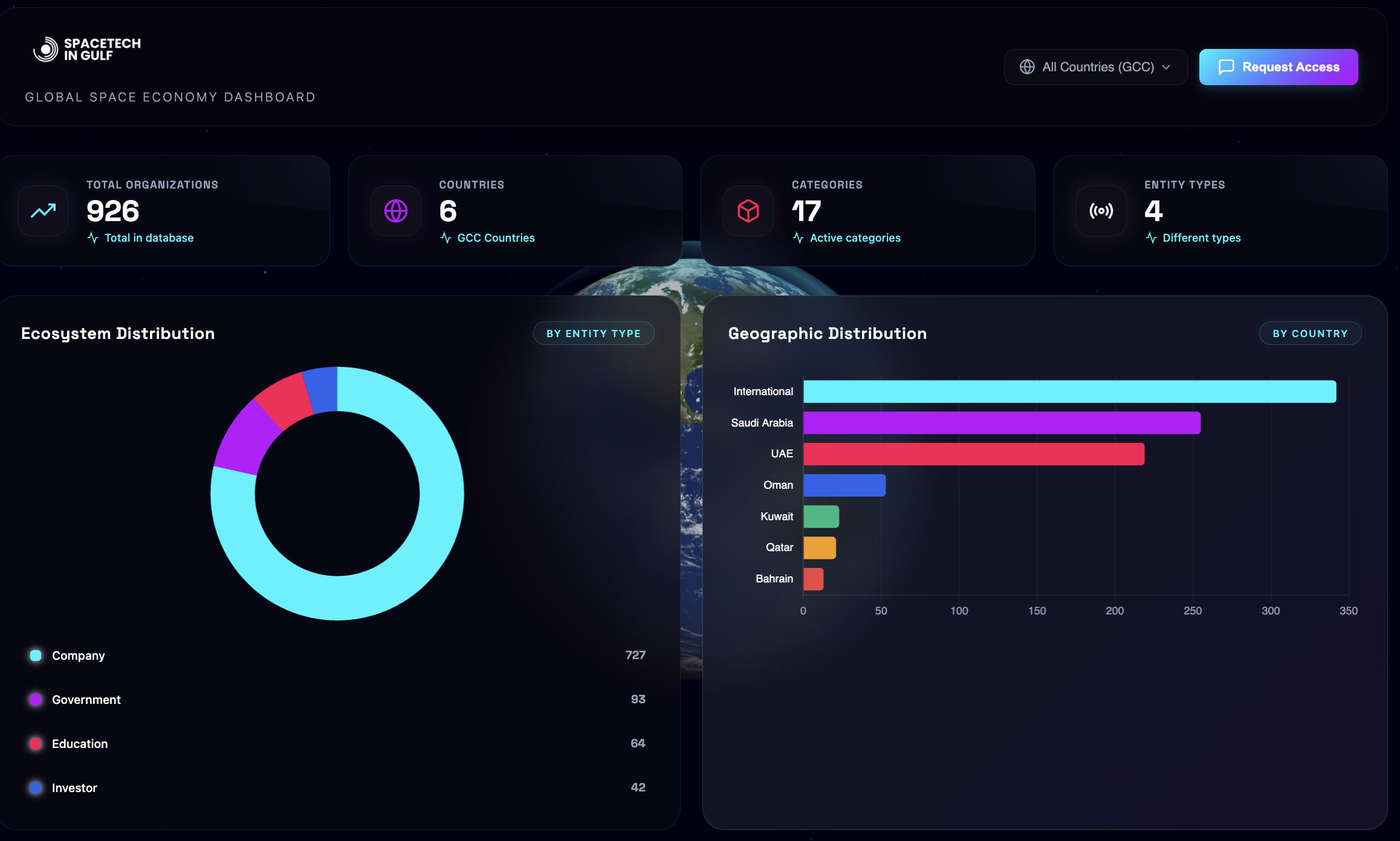
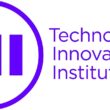
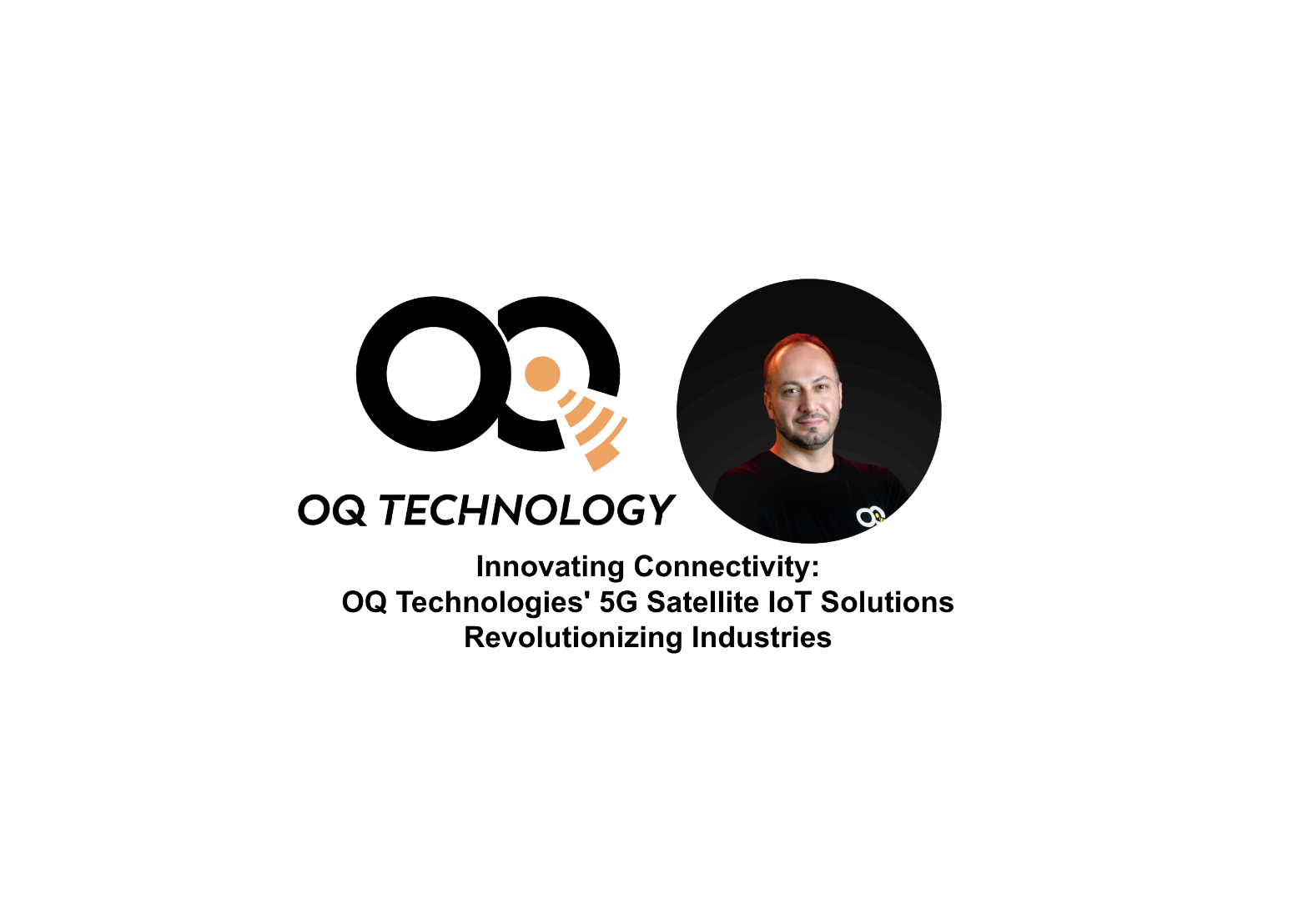

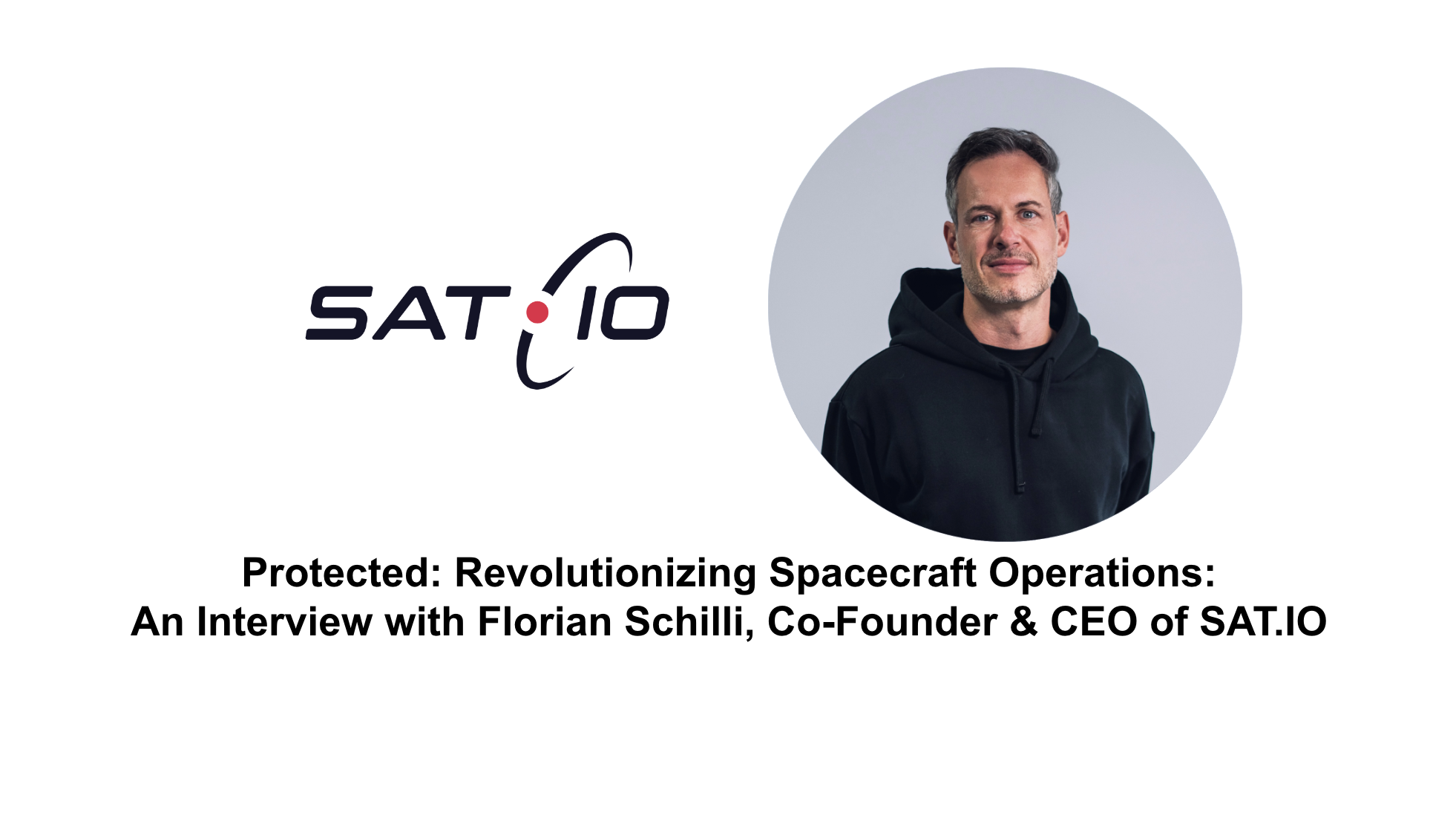
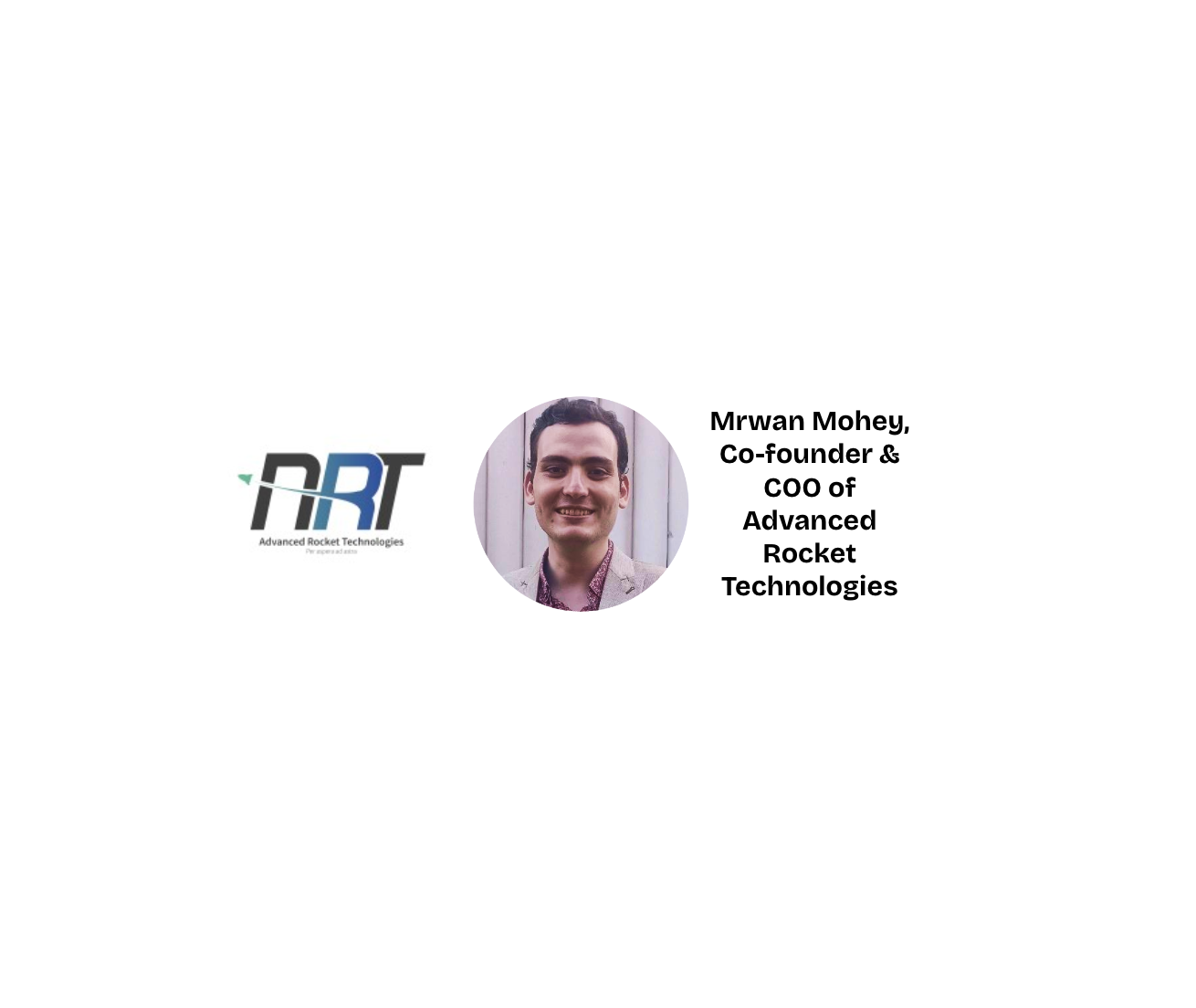

Hey,
I have a bunch of leads avail for your business.
What’s the best # to reach out to you with them?
Thanks
Jonathan
304 S. Jones Blvd #4934, Las Vegas, NV. 89107
To opt out, UNSUBSCRIBE HERE
https://Eventoptout.xyz
Hey,
I have a bunch of leads avail for your business.
What’s the best # to reach out to you with them?
Thanks
Jonathan
304 S. Jones Blvd #4934, Las Vegas, NV. 89107
To opt out, UNSUBSCRIBE HERE
https://Eventoptout.xyz
Hi there,
We run a YouTube growth service, which increases your number of subscribers both safely and practically.
– We guarantee to gain you 700-1500+ subscribers per month.
– People subscribe because they are interested in your channel/videos, increasing likes, comments and interaction.
– All actions are made manually by our team. We do not use any ‘bots’.
The price is just $60 (USD) per month, and we can start immediately.
If you have any questions, let me know, and we can discuss further.
Kind Regards,
Amelia
Hi there,
We wanted to introduce you to a revolutionary system that helps you create AI-powered tools to generate steady, qualified leads without paid advertising.
Key benefits:
Create AI tools in minutes with simple copy/paste templates
Drive free, targeted traffic to any niche or offer
Built-in call-to-action system to funnel leads to your sales pages
No coding or technical experience needed
We’re currently offering a special launch price of $17 (regular $97) which includes bonus training on traffic generation and AI monetization.
For more details, check out: https://furtherinfo.info/etb
Thanks,
Melba
Hi there,
We run a TikTok growth service, where we can increase your follower count safely and practically.
– Guaranteed: We guarantee to gain you 700-1500 new followers each month.
– Real, human followers who follow because they are interested in your profile/videos.
– Safe: All actions are done without using any automated tasks / bots.
Our price is just $60 (USD) per month and we can start immediately.
If you are interested then we can discuss further.
Kind Regards,
Gemma
Hello Enterprenuer
I am seeking the attention of investors, project owners, general business facilitators.
I am a retired banker, currently working as a consultant/broker.
By virtue of my past working experience, I have contacts with high net worth Individuals
and Investors in need to place funds into different projects to generate profits. The
funding would be provided as a soft loan at leasing rate of 1.5%+0.5% =2% yearly interest
for 5 years with minimal documentation required to complete the funding modalities.
I anticipate your swift response if interested.
Yours faithfully,
John
Dear Sir/Madam,
we specialize in connecting our investors with high-quality, revenue-generating companies seeking
Loan across various stages and sectors. Further details regarding the capital funding and requirements
can be shared upon your confirmation of interest. Please let us know if you would like to proceed
with a discussion. If this opportunity is not of interest to you, no further action is required.
Best regards,
RB
Vert & M | Outside Sales Representative
Can you be more specific about the content of your article? After reading it, I still have some doubts. Hope you can help me.
To The CEO,
I am seeking the attention of investors, project owners, general business facilitators. I am a retired banker, currently working as a consultant/broker.
By virtue of my past working experience, I have contacts with high net worth Individuals and Investors in need to place funds into different projects to generate profits. The funding would be provided as a soft loan at leasing rate of 1.5%+0.5% =2% yearly interest for 5 years with minimal documentation required to complete the funding modalities.
I anticipate your swift response if interested.
Yours faithfully,
Steven Pember
Hello spacetech-gulf.com,
I recently lost my daughter to leukemia. She was passionate about music and dreamt of becoming a professional pianist. Her Yamaha piano meant the world to her, and I would love for it to find a new home with someone who shares her passion.
If you or anyone you know would be interested in continuing her legacy through music, please let me know.
Warm regards,
Amanda
Dear Spacetech Gulf,
I hope this message finds you well. I have a compelling business proposal that offers significant benefits for both parties, creating a win-win opportunity for collaboration.
I’d love to share more details and explore how we can work together to achieve mutual success. Please feel free to reach out at your earliest convenience.
Looking forward to your response.
Best regards,
Steven Pembe
Hello Sir/Madam
I am an investment Broker. As an investment broker, am on lookout for companies and individuals that might be seeking financing to connect with the right financier/investor. If you have any viable project in energy, aviation,hotel and real estate, construction, mining, oil and gas, biotechnology or any lucrative sector that is capable of generating a good ROI per year that needs funding as a loan. I await your response if interested to move further .
Thanks
Dr Jason B
Can you be more specific about the content of your article? After reading it, I still have some doubts. Hope you can help me.
Your article helped me a lot, is there any more related content? Thanks!
Hi there,
We run a Youtube growth service, where we can increase your subscriber count safely and practically.
– Guaranteed: We guarantee to gain you 700-1500 new subscribers each month.
– Real, human subscribers who subscribe because they are interested in your channel/videos.
– Safe: All actions are done, without using any automated tasks / bots.
Our price is just $60 (USD) per month and we can start immediately.
If you are interested then we can discuss further.
Kind Regards,
Katelyn
Hi,
I just visited spacetech-gulf.com and wondered if you’d ever thought about having an engaging video to explain what you do?
Our videos cost just $195 for a 30 second video ($239 for 60 seconds) and include a full script, voice-over and video.
I can show you some previous videos we’ve done if you want me to send some over. Let me know if you’re interested in seeing samples of our previous work.
Regards,
Joanna
Hi there,
I’m reaching out because we’ve just released a complete WordPress video training package with unrestricted Private Label Rights. The package includes 19 professional video lessons across 4 courses, covering everything from WordPress basics to local development.
Key features:
Full PLR rights (rebrand, resell, repurpose as you wish)
4 complete courses with 19 video lessons
Professional production quality
Ready-to-launch sales materials included
This is ideal if you’re looking to quickly launch your own WordPress training business or add to your existing product line.
For detailed information and pricing, visit: https://furtherinfo.info/wpmk
Kind regards,
Susie
Hi.
My name is Esther. I am a professional in placing articles or blog posts and texts on different websites.
I am looking into your platform spacetech-gulf.com and I would like to ask about the prices and requirements for posting content. To facilitate a smooth and fast clarification of all aspects, I have prepared a questionnaire https://forms.gle/58NDRfrHg3RMdRcW7
It takes no more than 3 mins but will make clear all the points of the project and speed up each stage of your future collaboration.
Many thanks in advance for your time and I am looking forward to a effective relationship.
If you need any more information about the questionnaire or something else, feel free to get in touch with me.
Regards, Esther
Thanks for sharing. I read many of your blog posts, cool, your blog is very good.
Hi there,
We run a Youtube growth service, where we can increase your subscriber count safely and practically.
– Guaranteed: We guarantee to gain you 700-1500 new subscribers each month.
– Real, human subscribers who subscribe because they are interested in your channel/videos.
– Safe: All actions are done, without using any automated tasks / bots.
– Channel Creation: If you haven’t started your YouTube journey yet, we can create a professional channel for you as part of your initial order.
Our price is just $60 (USD) per month and we can start immediately.
If you are interested then we can discuss further.
Kind Regards,
Katelyn
Hi,
I just visited spacetech-gulf.com and wondered if you’d ever thought about having an engaging video to explain what you do?
Our prices start from just $195.
Let me know if you’re interested in seeing samples of our previous work. If you are not interested, just use the link at the bottom.
Regards,
Joanna
Unsubscribe: https://removeme.live/unsubscribe.php?d=spacetech-gulf.com
Hi there,
We wanted to introduce you to a revolutionary system that helps you create AI-powered tools to generate steady, qualified leads without paid advertising.
Key benefits:
Create AI tools in minutes with simple copy/paste templates
Drive free, targeted traffic to any niche or offer
Built-in call-to-action system to funnel leads to your sales pages
No coding or technical experience needed
We’re currently offering a special launch price of $17 (regular $97) which includes bonus training on traffic generation and AI monetization.
For more details, check out: https://furtherinfo.info/etb
Thanks,
Vernell
Thanks for sharing. I read many of your blog posts, cool, your blog is very good.